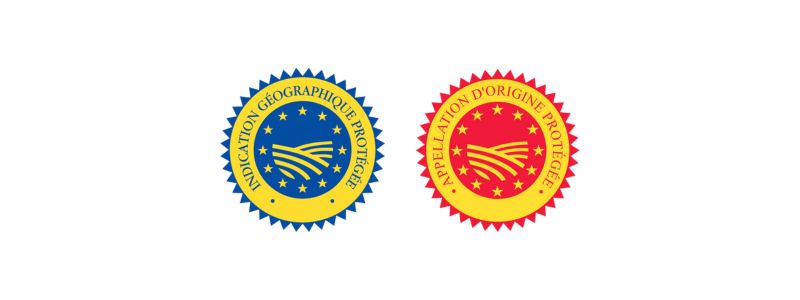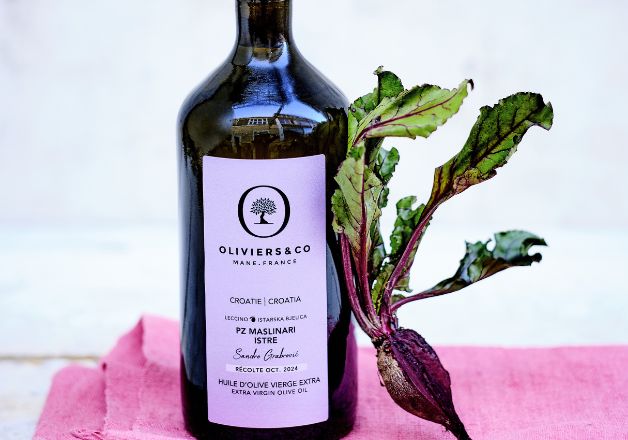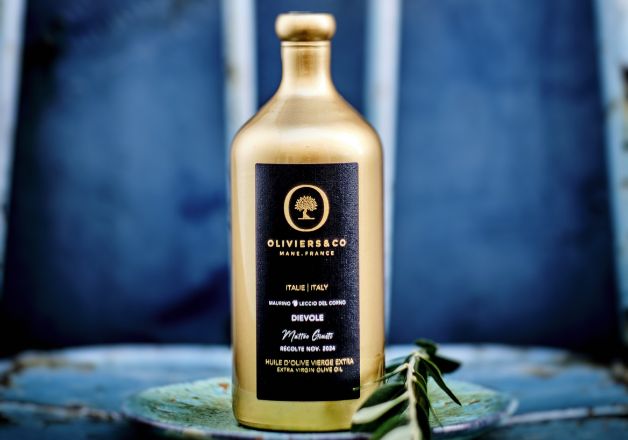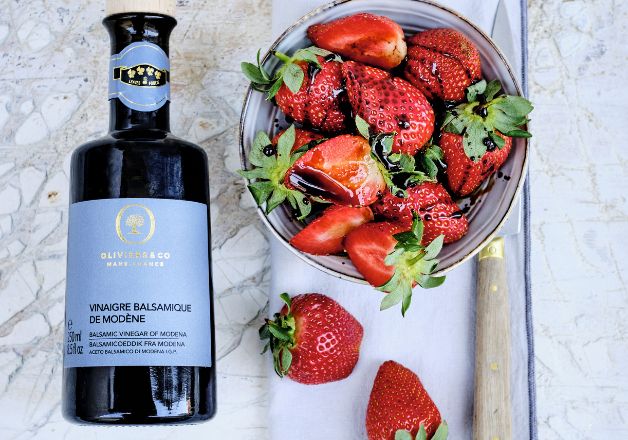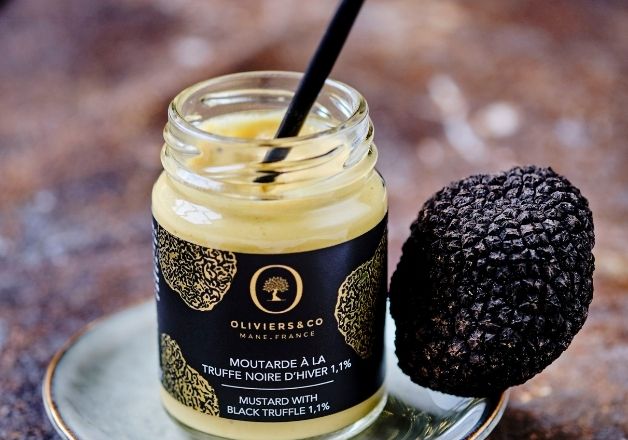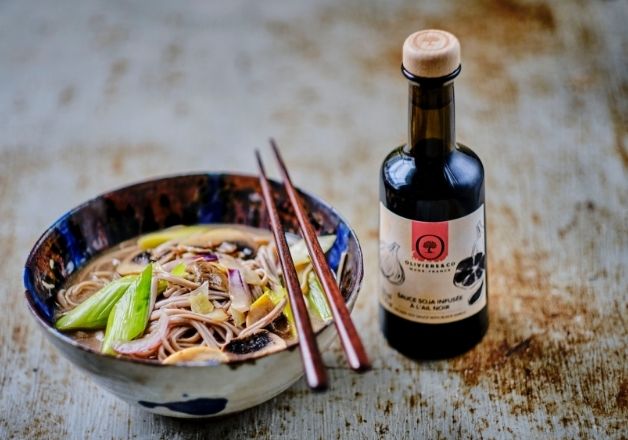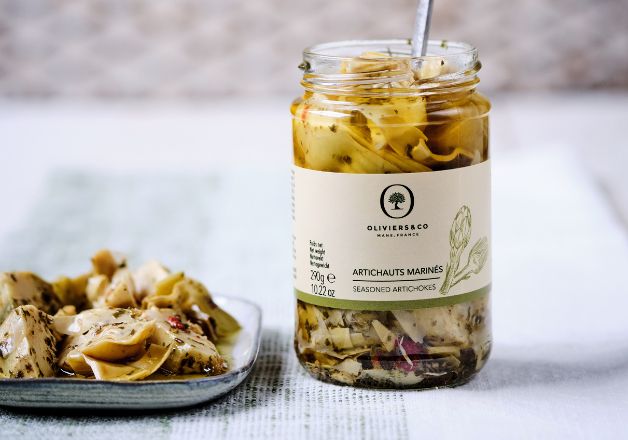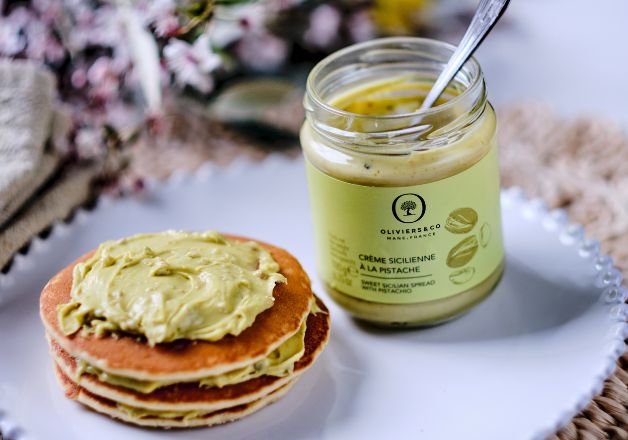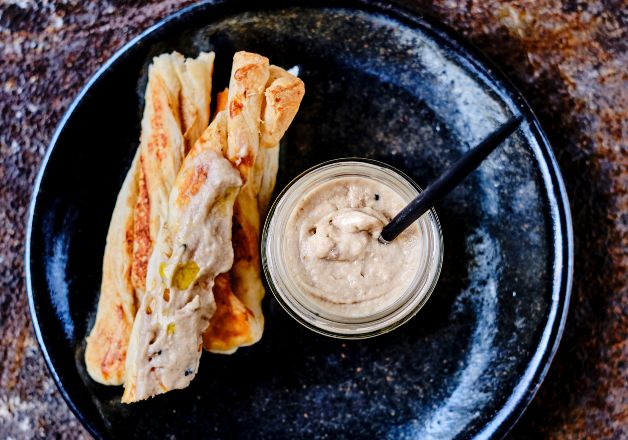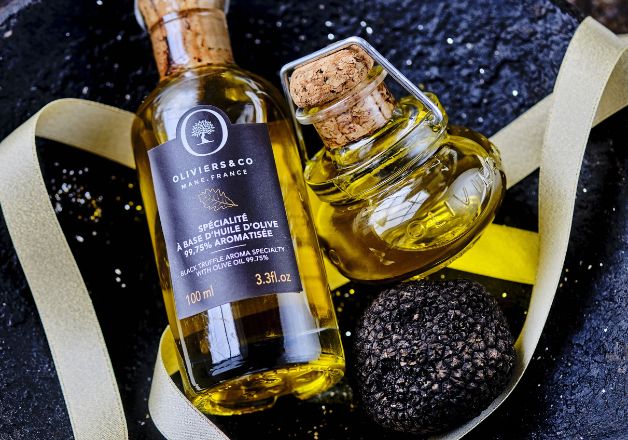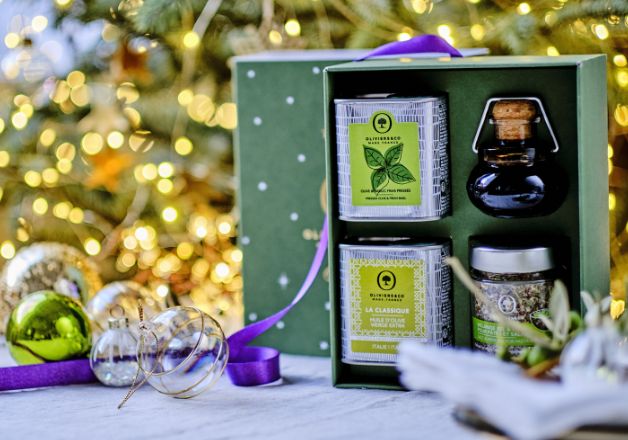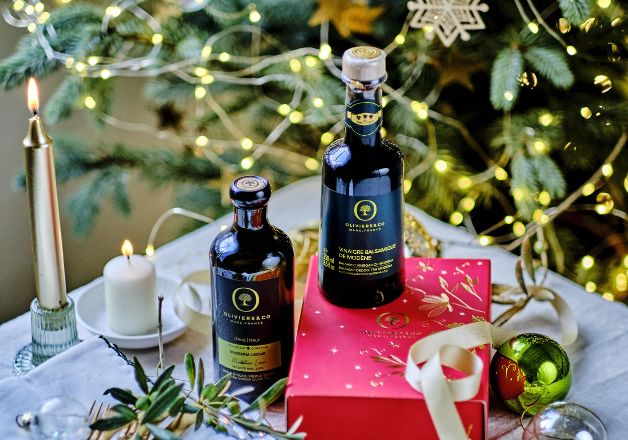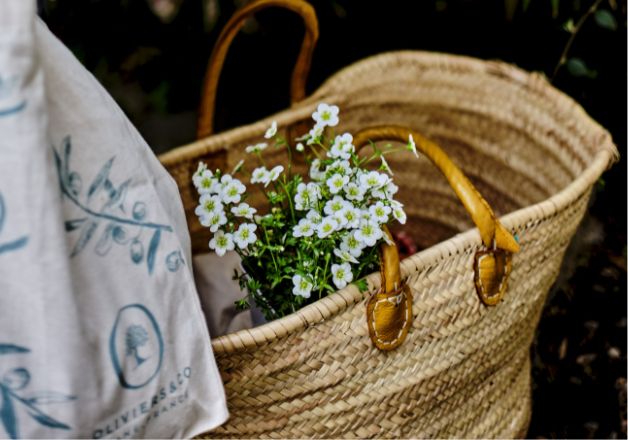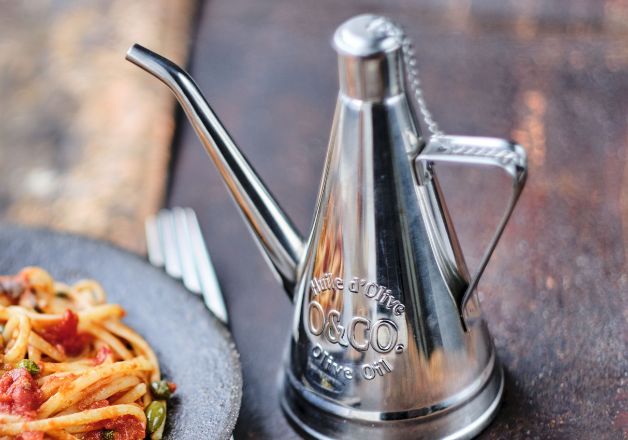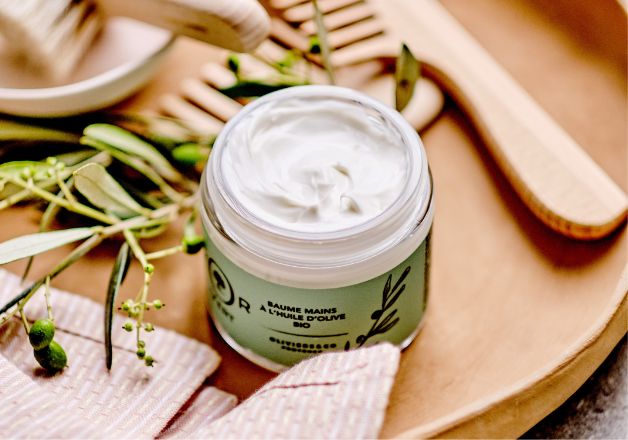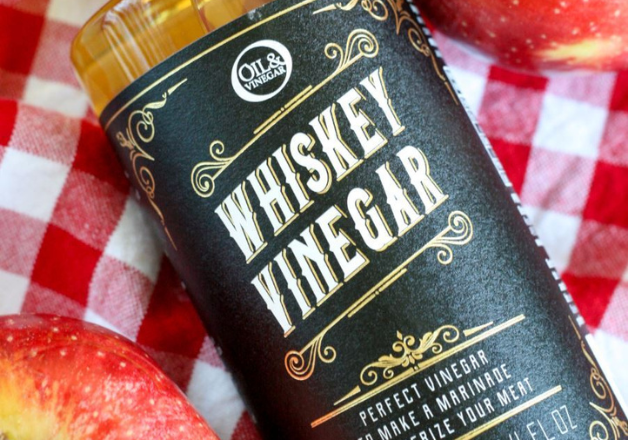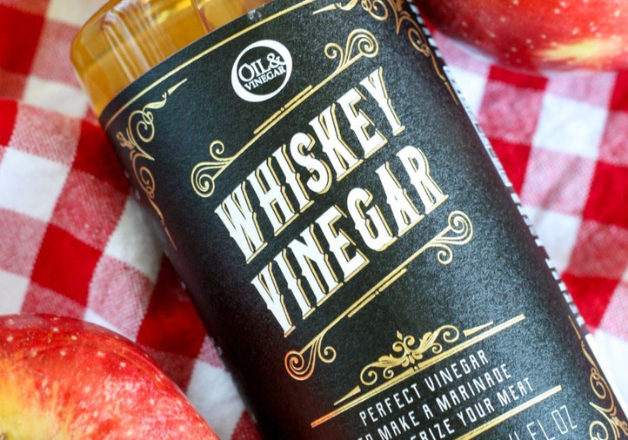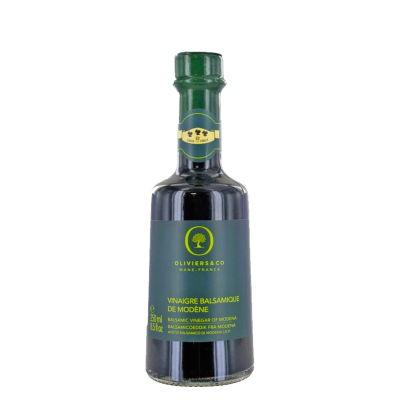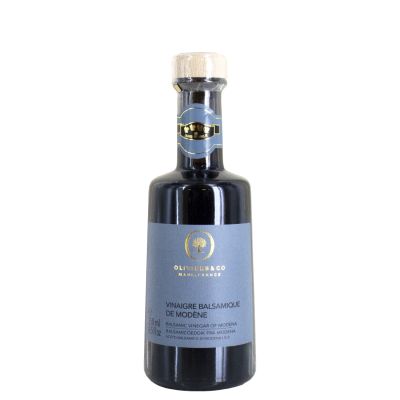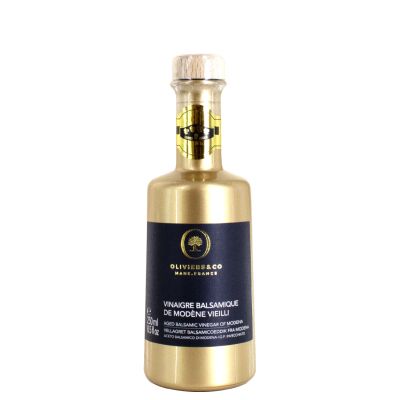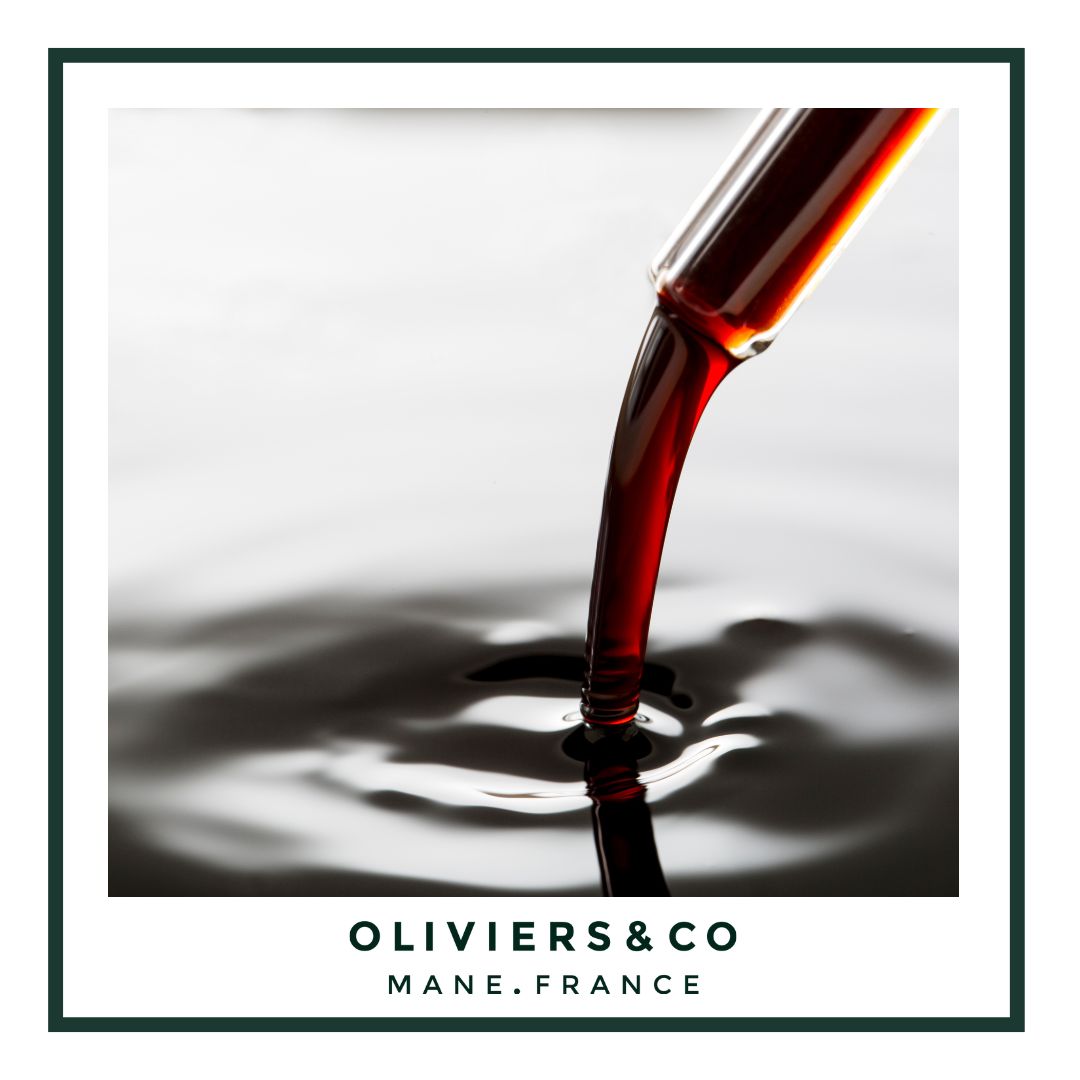

Modena balsamic vinegar, an Italian culinary treasure, is the fruit of a rich history and meticulous aging process. Its origins date back to Roman times, when cooked grape must was used for its medicinal properties and as a condiment. The term “balsamic” first appeared in the 16th century.
Two main categories: PDO and PGI
There are two main categories of Modena balsamic vinegar, each with its own production and ageing specificities:
- Traditional Balsamic Vinegar of Modena PDO:
It is made exclusively from cooked grape must, and aged for a minimum of 12 years in wooden casks of different species. For the “Extravecchio” label, ageing can reach 25 years or more. This process takes place in attics, where temperature variations between winter and summer encourage slow fermentation. Each year, a portion of the vinegar is transferred to smaller barrels, helping to enrich the aromas. Balsamic vinegar PDO is bottled under the strict control of a consortium, in an iconic bottle designed by Giugiaro.
- Balsamic Vinegar of Modena PGI:
It is produced from a blend of cooked grape must and wine vinegar. Aging is much shorter, ranging from a minimum of 60 days to 3 years for the “Aged” label. The length of aging and the proportion of ingredients have a significant influence on the vinegar's taste profile.
The Aging Process in Detail
The aging process is crucial in the production of balsamic vinegar, especially for the PDO. It begins with the harvesting of seven grape varieties (Lambrusco, Trebbiano, etc.). After pressing, the must is cooked to reduce it. Aging takes place in wooden casks, gradually moving from larger to smaller barrels. The barrels are made from different types of wood (oak, cherry), enriching the aromas of the final product. Temperature variations in the attics are essential for fermentation.
Key differences
| DPO | PGI | |
| Ingredients | The PDO recipe uses only cooked grape must. | The PGI recipe adds wine vinegar. |
| Ageing time | The PDO is aged for a minimum of 12 years (25 years for Extravecchio). | The PGI is aged for a minimum of 60 days and up to 3 years. |
| Regulations | PDO regulations are much stricter, with rigorous controls and official recognition of ageing at 12 and 25 years. | For PGI, the rules are more flexible, with fewer controls. |
| Ageing objective | Aging is crucial, essential, to guarantee product quality. | Ageing enriches flavours and brings them closer to traditional tastes. |
Beware of Misleading Indications
It is important to note that some companies may mention aging periods not recognized by PGI regulations. These products cannot be considered as Modena balsamic vinegar, but as “condiments”. The presence of the PGI logo is a guarantee of authenticity.
